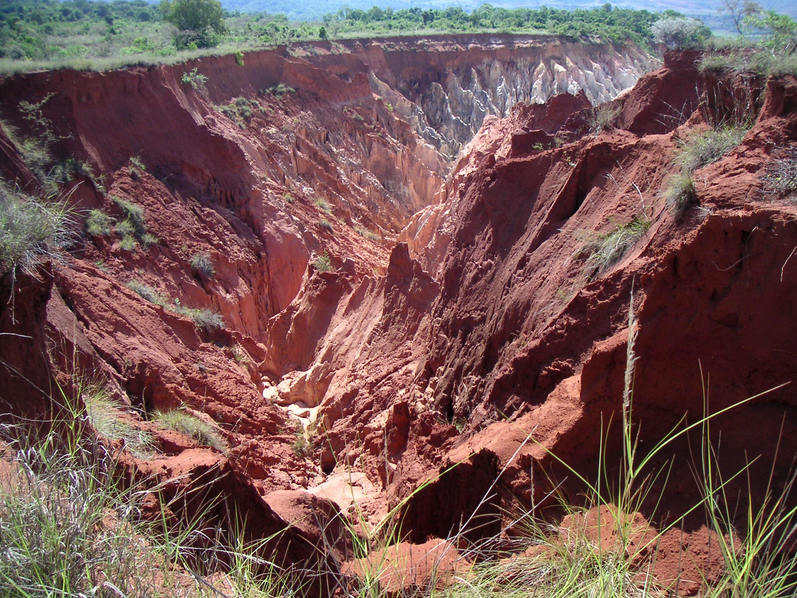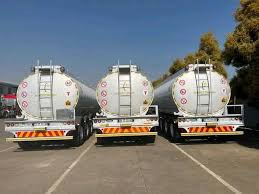
AN estimated 36% of land area is lost annually in Zimbabwe due to degradation as a result of anthropogenic and natural causes.
This was disclosed by Environment and Tourism secretary Raphael Faranisi in an address to guests at the Drylands Sustainable Landscapes-Impact Programme (DSL-IP) Southern Africa regional workshop in Harare which started on May 22 and ends today.
Faranisi said degraded areas in the country were characterised by sheet, rill and gully erosion, low land cover and biodiversity, and clusters of invasive alien species to mention a few.
“The objective of the Zimbabwe child project is therefore to avoid, reduce and reverse further degradation, desertification and deforestation of land and ecosystems in drylands of the Save and Runde sub basins through the implementation of sustainable land and forest management practices in the landscapes,” Faranisi said.
“The project focuses on rural communities, who make up 60% of the country’s populace and largely rely on the land and land based resources as their major safety net for survival. This project will enhance community benefits from the environment through business development and ensure the sustainable utilisation of natural resources.”
The DSL-IP responds to southern Africa’s environmental challenges particularly desertification, land degradation and the impacts of drought.
Africa loses an estimated five million hectares of tropical forest per year and land degradation is estimated to affect about 230 million hectares annually.
Faranisi said Zimbabwe was facing challenges in restoration projects due to the unavailability of equipment locally. He said there was lack of effective land management, particularly, the eradication of invasive alien species; difficulty in managing fragile soils and the slow and low adoption of alternative energy sources by communities.
- Old Bulawayo restoration almost complete
- Old Bulawayo restoration almost complete
- Zim loses 36% of land to degradation annually
- Great opportunities beckon in waste recycling
Keep Reading
“It is through this knowledge exchange process that we as countries learn from each other,” he said.










